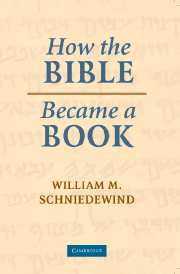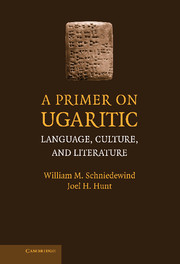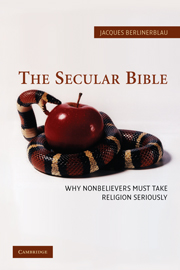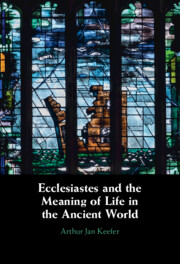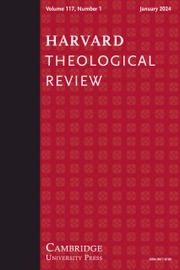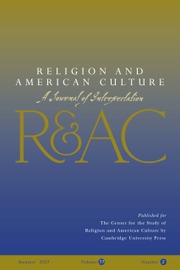How the Bible Became a Book
For the past two hundred years biblical scholars have increasingly assumed that the Hebrew Bible was largely written and edited in the Persian and Hellenistic periods. As a result, the written Bible has dwelled in an historical vacuum. Recent archaeological evidence and insights from linguistic anthropology, however, point to the earlier era of the late-Iron Age as the formative period for the writing of biblical literature. How the Bible Became a Book combines these recent archaeological discoveries in the Middle East with insights culled from the history of writing to address how the Bible first came to be written down and then became sacred Scripture. This book provides rich insight into why these texts came to have authority as Scripture and explores why Ancient Israel, an oral culture, began to write literature, challenging the assertion that widespread literacy first arose in Greece during the fifth century BCE.
- Traces the development of literacy in ancient Israel
- Describes the emergence of the religious authority of the Bible as a text in ancient Israel
- Describes the social setting that led to the writing of biblical literature during the eighth through sixth centuries BCE
Reviews & endorsements
"...provides an excellent example of how a historian acts as a detective... Daniel J. Harrington, America: The National Catholic Weekly
"Exploring the evolution of literature in society and its secular as well as religious ramifications, How the Bible Became a Book is a welcome addition to Biblical studies shelves, as readable and articulate as it is scholarly." The Midwest Book Review
"A fascinating read for lay or scholarly readers, it illuminates why these texts have authority as Scripture. History buffs will enjoy learning why Ancient Israel, an oral culture, began to write literature." Horizons
"...a richly textured and revolutionary book..." Publishers Weekly
"In this extremely well written book, William Schniedewind tackles what has emerged as the most important question in biblical studies of our time - the issue of when the ancient Israelite accounts and traditions were put in writing. In what is probably the most thorough discussion of the shift from oral tradition to literacy and textuality in Ancient Israel, Schniedewind engages the broader cultural and historical questions of the circumstances under which the Bible was written. . . . Sophisticated and broad in its scope and yet easy to follow, this book will certainly become a cornerstone in biblical studies and in the search for the historical Ancient Israel: a real intellectual delight." Israel Finkelstein, co-author of The Bible Unearthed: Archaeology's New Vision of Ancient Israel and the Origin of its Sacred Texts
"For general readers interested in ancient history and religion, for Jews and Christians who study the Bible and its backgrounds, and for scholars who study the relationship between orality and literacy, this book will be both tremendously helpful and very enjoyable.... it has the potential to reshape the study of the Hebrew Bible for years to come." Benjamin D. Sommer, author of A Prophet Reads Scripture
"In this and previous publications [Schniedewind] demonstrates a thorough grasp of the archaeology of ancient Israel, the history of the Hebrew language, and the development of biblical historical literature. Here he synthesizes the research of many others to develop a comprehensive story of the writing of the Old Testament. The result is a grand narrative of the development of scripture in Israel." The Christian Century
"This is a well researched and written book." - Bible Today Diane Bergant
"This book adds a new angle to the discussion of the origins of the Bible." An Interdisciplinary Journal of Jewish Studies Ely Levine, Harvard University
Product details
August 2005Paperback
9780521536226
272 pages
226 × 152 × 18 mm
0.368kg
Available
Table of Contents
- 1. How the Bible became a book
- 2. The numinous power of writing
- 3. Writing and the state
- 4. Writing in the early Israelite State
- 5. Hezekiah and the spread of writing
- 6. Josiah and the text revolution
- 7. How the Torah became a text
- 8. Writing in exile
- 9. Scripture in the shadow of the temple
- 10. Epilogue
- 11. Further reading.

